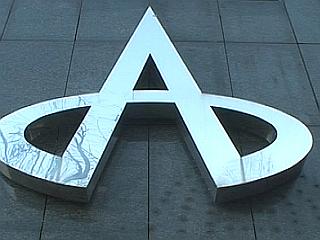One of the reasons for the downgrade was Agrokor’s acquisition of Slovenian retailer Mercator. Agrokor’s problems started long before the takeover, but it seems that the takeover failed to produce the desired synergistic effects. “Agrokor and/or Mercator failed to restructure their retail business. They failed to adapt to the new realities of the market,” said economic analyst Damir Novotny.
Agrokor also owns Konzum, a Croatian supermarket chain. Both Konzum and Mercator failed to adequately respond to the rising popularity of discount stores; their retail stores are old, outdated and overloaded with merchandise, and their operating costs are too high. Due to delays in payments to suppliers, a number of Konzum’s and Mercator’s suppliers defected to other retailers.
“Lidl gained a foothold in the Croatian market when they started selling Croatian products in their stores,” said consultant Dragan Munjiza.
Meanwhile, Agrokor has pulled many Slovenian products from Mercator’s shelves. “Supporting local businesses is important – even if it doesn’t pay off. I think Agrokor understands this, but this could be because Mercator’s board are trying to ingratiate themselves with their new owners,” said Novotny.
Novotny added that Agrokor needs to downsize their number of employees, but this has not yet happened because the company has close ties to politics. “Agrokor’s competitors are private companies. Their business is streamlined and they don’t care about politics,” said Novotny.
Novotny andMunjiza both agree that the solution for Mercator lies in abandoning bad business practices, reducing overhead costs, and adapting to new market conditions.
Irena Ulčar, TV Slovenija; translated by D. V.


































































